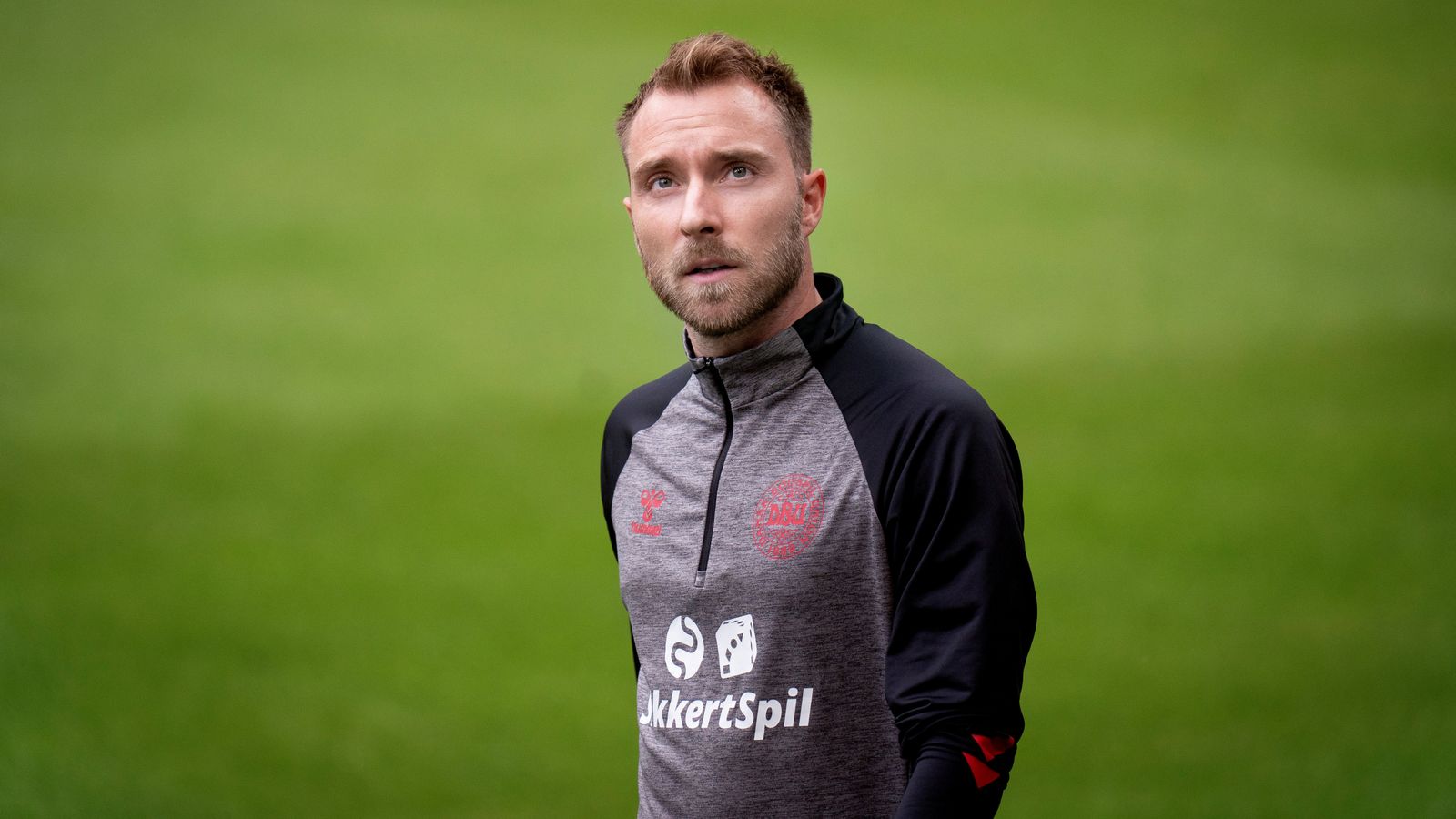Danish footballer Christian Eriksen is unlikely to play professionally again after suffering what was reported to be a cardiac arrest, a leading sports cardiologist has said.
The midfielder collapsed on the pitch during his country’s Euro 2020 game against Finland and had to be resuscitated before being taken to hospital.
Eriksen, 29, was in a stable condition on Saturday night but it has not yet been publicly confirmed what was behind his illness.
Professor Sanjay Sharma is professor of sports cardiology at St George’s University in London and worked with Eriksen during his time at Tottenham Hotspur.
He said: “Clearly something went terribly wrong.
“But they managed to get him back, the question is what happened? And why did it happen?
“This guy had normal tests all the way up to 2019 so how do you explain this cardiac arrest?”
UK football bodies were likely to be “very strict” about allowing Eriksen to play again, he added.
“His cardiac arrest has rocked the entire nation today and that’s what happens. It’s not just them that it affects, it’s the psyche of so many people.
“The good news is he will live, the bad news is he was coming to the end of his career, so would he play another professional football game? That I can’t say.
“In the UK he wouldn’t play. We’d be very strict about it.”
Prof Sharma chairs the FA’s expert cardiac consensus group and is a consultant for charity Cardiac Risk In The Young.
He said the causes of Eriksen’s cardiac arrest could include an unidentified health condition or a high temperature, but reports that the footballer was awake in hospital were “a very good sign”.
“The fact he’s stable and awake, his outlook is going to be very good,” he told the PA news agency.
“I don’t know whether he’ll ever play football again.
“Without putting it too bluntly, he died today, albeit for a few minutes, but he did die and would the medical professional allow him to die again?
“The answer is no.”
Bolton Wanderers footballer Fabrice Muamba experienced a similar collapse after suffering a cardiac arrest during a match against Tottenham Hotspur in March 2012.
He had hoped to resume his career but retired from professional football five months later on medical advice.
One of his doctors, Sam Mohiddin, told the BBC: “The cardiac arrest is a moment of extreme peril.
“If you don’t get someone out of cardiac arrest things are over. You will not survive.
“The ongoing risk to an individual to an extent depends on the precise cause of that cardiac arrest.”






















